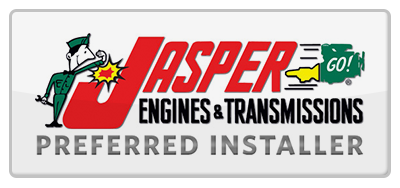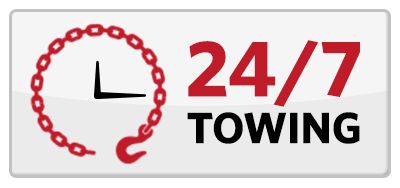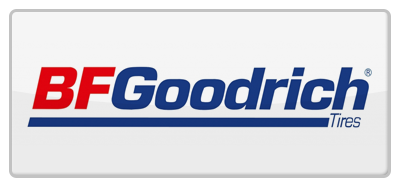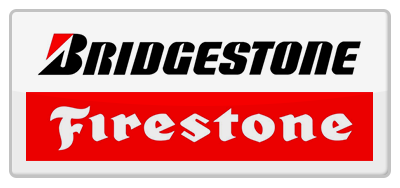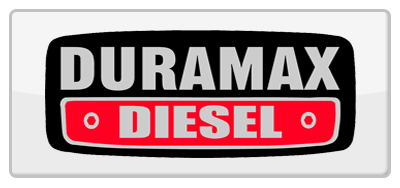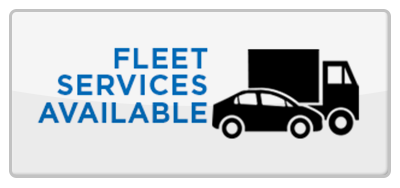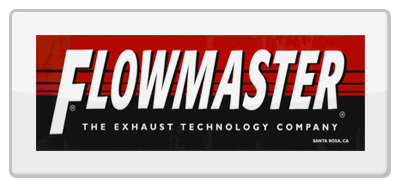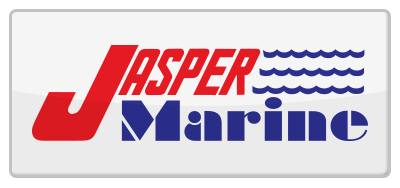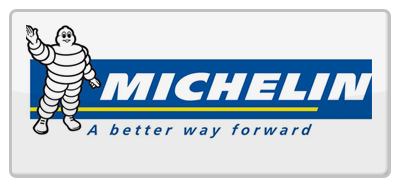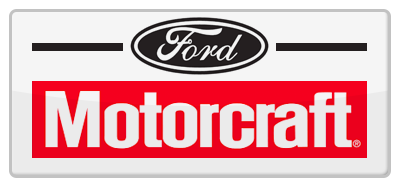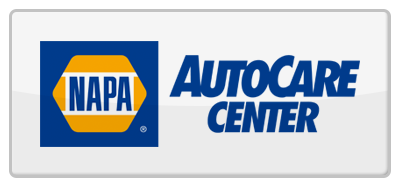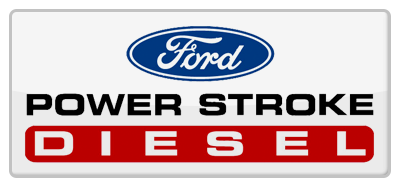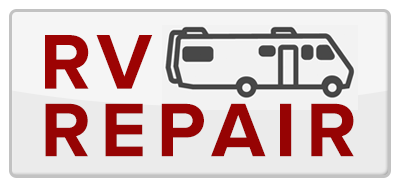
Grover's Auto Repair in Mathews, VA has the right team of experienced ASE certified technicians to provide you professional service work and full RV repairs. We like to keep our customers well advised so that when you are ready to travel to places as yet unknown for a relaxing and invigorating trip your RV is ready to take you there.
Complete service includes:
- Maintenance: Oil Changes, Tire Rotations, Radiator Flush, Belts & Hoses, Batteries, and standard pre-trip checks- Service Repairs: Computer Diagnostics, Brakes, & Full Repair
- Emergency Repairs: Have an issue while traveling? Count on our team to get you back on the road quickly and safely. After all it is your vacation and you don't want to spend it at a garage so choose a professional shop that can get you back on the road quickly.
Standard Maintenance Should Include:
Brakes: Your RV or trailer brakes should be inspected and serviced annually or more often if you make substantial use of the trailer.
Ramp door: You should lubricate ramp door hinges with Lithium grease. Also, periodically lubricate the ramp door extension.
Huck bolts: Check the huck bolts periodically. If you detect a loose huck bolt fastener, do not tow the trailer. Call your dealer for instructions. Huck bolts are not end user serviceable.
Pre-Departure Maintenance Going out RVing is a vacation and an adventure rolled into one so before going out, make an appointment to have your RV serviced. This usually includes tire rotation, an oil change if necessary and an overall inspection of the vehicle for potential problems.
Lights, Fluids & Wipers: Your lights and wipers are not the first thing you think of before taking that RV trip, have our team make sure the engine is running smoothly by checking oil, brake fluid and transmission fluid to make sure they are filled. Once all fluid levels are fine, we check your lights and windshield wipers.
Tire Safety All tires should be the same type, size, and construction—do not mix bias-belted and radial tires. In selecting tires, buy the size, type. Our team will check to ensure you have the proper tire pressure and replace worn tires. Also, replace your tires at the same time so you are aware when they need to be replaced again.
Tires Periodic inspection and maintenance of your RV and trailer tires and wheels are essential to towing safety, including spare tires. Proper tire pressure affects vehicle handling and the safety of your tires. You can find the correct tire pressure for your RV or motorhome in the owner’s manual or on the tire information placard.
• Under inflation reduces the load-carrying capacity of your RV, motorhome or trailer, may cause sway and control problems and may result in overheating, causing blowouts or other tire failure.
• Over inflation causes premature tire wear and affects the handling characteristics of the tow vehicle or trailer.
Wiring Make sure connector-plug prongs and receptacles, light bulb sockets, wire splices, and ground connections are clean and shielded from moisture. Lightly coat all electrical terminal connections with non-conducting (dielectric), light waterproof grease. Clean the prongs with very fine sandpaper, being careful not to damage the contact area. Clean the surface deposits in the connector holes. (Make sure the lights are off to prevent blowing a fuse.) Try to clean off only the deposits and lubricate lightly with dielectric, light waterproof grease.
Your pre-trip planning should include the following:
Inspecting your emergency equipment to make sure you have a fully-stocked first aid kit, a functioning fire extinguisher and an emergency kit that should at least include a tire pump, spare fuses, flashlight, multipurpose tool, pocket knife, road flares and some canvas work gloves. Be sure to inspect your spare tire and vehicle jack as well.
Check your trailer hitch: the nuts, bolts, and other fasteners to ensure that the hitch remains secured to your RV or motorhome and the coupler remains secured to the trailer. The connection point may require periodic lubrication to permit free movement of the coupler to the hitch ball.
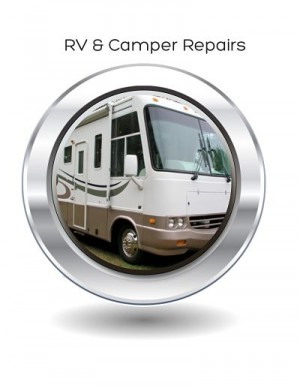 Some RV Ownership Tips
Some RV Ownership Tips
Our job at Grover's Auto Repair in Mathews, VA is to help you travel safely and these RV tips we feel are a good way to help you with your RV ownership.
Driving Your RV - Motorhome Use an empty parking lot and practice your turns. Remember that your RV will need a wider turn radius than a car, so when making a turn pull out further into the intersection before beginning your turn. RVs also need more room to slow down, so when driving on the highways always follow the speed limit and keep a good distance between yourself and the vehicles in front of you. When coming to an off ramp, slow down well before reaching it to avoid having to decelerate suddenly.
Going slow will also help when you run into bad weather. High winds will affect your motorhome or RV more than it will a car. Keep a strong grip on your steering wheel and you should be okay. For rain or snow, you should decrees your speed. A vehicle like a motorhome is less prone to skidding than a car because of its lower center of gravity, but at the same time, it is much harder to control if it goes into a skid. The same holds true of a 5th wheel camper or horse trailer with living quarters so any large camper or RV needs special consideration.
Low bridges are another hazard of which you should be aware. Most bridges have their heights displayed to the drivers passing underneath them, so know the height of your motorhome or RV camper before you get on the road.
Getting To Know Your LP System The LP system on your motorhome is one of the most important systems on-board. While race season is primarily in the warm months and the furnace may not get much use, the LP system may also fuel the refrigerator, the range, the oven and the water heater. In fact, some of these appliances operate on both electricity and LP gas, allowing you to switch back and forth. Be sure you have an LP monitor-warning system in your camper to warn you if you have a gas leak.
LP stands for liquefied petroleum gas and is also known as propane. The gas is sold in liquid form and kept in a storage tank beneath the coach is a special compartment. A panel, usually beneath the slide out, gives you full access to the tank. You coach may be equipped with a 60-lb./14-gallon tank. One pound of propane produces 36 cubic feet of gas. You can expect to use a couple of gallons of LP a week in warm weather and more if it’s cold and the furnace is operating. Keep track of the gauge to know when you are running low.
To refill the tank, simply drive your coach to any LP fuel site. Most gas stations have LP refilling stations; some departments stores may have LP tanks as well. A certified service representative must fill the tank. The tank is located outside the coach because the vapors are dangerous, if there is a leak. Never bring the LP containers inside the coach and do not store them in an unventilated area.
Winterizing Your Motor coach When winter time comes around and camping season is over, what do you do with the motor coach? Just park it, right? Not so fast. You have some chores to do if you want to use your RV again in the spring. Exposing your camper to freezing weather without preparation can damage a number of systems, such as water lines, tanks, and water heaters. And even if you live where cold temperatures are rare, your motorhome still needs attention. We recommend you follow these procedures for maintaining your RV or that you bring it to Grover's Auto Repair in Mathews, VA for winterizing. If you choose to do it yourself, these are some helpful tips.
• Begin by removing all food and beverages. This includes everything in the cabinets and the refrigerator — even that small jar of mustard in the back corner of the refrigerator. Anything you leave is subject to freezing or spoiling. Cleaning up an exploded can of Pepsi first thing in spring is not fun.
• Drain thoroughly all water tanks, holding tanks, lines and pumps to prevent damage to the RV’s water system. Don’t drain the tanks onto your front lawn. It’s messy and unhealthy. Most campgrounds have dump stations you can use for a small fee. Also remember to drain the water heater and the toilet.
• Use a non-toxic RV anti-freeze to keep any remaining water from freezing in the system. You can find the anti-freeze at your RV supply store. Also, put some RV anti-freeze in each drain.
• Tape up all vents and openings, including vents for the furnace and range hood. This will keep mice and other little critters from gaining access to the unit.
• Cover the regulator on the propane cylinder and extinguish all pilot lights.
• You should keep your coach road-ready by running the engine for about 30 minutes each month. Driving the vehicle at highway speed once a month for at least 10 miles keeps the coach in good working order and protects the tires from non-use damage.
• Prepare your generator for winter storage by performing regular maintenance as recommended in your owner’s manual. Also, check the anti-freeze in the generator. As with the motor coach itself, you should exercise the generator on a regular basis by running it for 30 minutes to an hour each month.
Do not overlook the other elements in your coach, such as the appliances. These also have special storage instructions covered by their own service manuals.
Pay Close Attention to Loading Your RV - Motor Coach - Trailer Your trailer is designed to haul all of your cars and gear, but you need to pay special attention to how you load it. Generally, you should locate 70 percent of the cargo weight in front of the axle center line. This ensures there is sufficient weight on the trailer hitch and that the tow vehicle shares in carrying the cargo weight. If you have too much of the weight in the rear of the trailer, it can cause the trailer to fishtail when driving at highway speeds. Your trailer is designed so that when you load your cars, you place them correctly in the trailer. However, other equipment and parts you add can change the weight distribution. Make sure you stow heavier items toward the front of the trailer.
Also, make sure you tie down all equipment and vehicles, and don’t spare the money when investing in tie down straps. Use a strap that is rated at three times the weight of the item it secures. In a lock-up situation with the brakes, a car or anything else in the trailer can triple in weight. Additionally, you need to stow all cargo or tie it down to prevent it from shifting during the trip. Evenly distribute all materials from side to side. Again, this prevents the trailer from fishtailing. Some customers even install cameras inside the trailer so they can monitor the load, especially their vehicles, while they are driving.
If your trailer does begin to fishtail as you accelerate to highway speed, the best reaction is to take your foot off the accelerator and allow the vehicle to reduce speed. This should stop the fishtailing. If the oscillation resumes as you increase speed, pull off the road and stop. You need to check your load for balance.
General Maintenance Tips for Your RV - Motor Coach - Trailer
Roof: Inspect your roof at least once a year. Clean off any loose material.
Frame: Normal road use will eventually chip away at the factory-protected underside of your trailer frame. Check the underside of your frame at least once a year and repair any chips with an automotive undercoating or matching paint. This protection helps prevent rust and deterioration of the trailer frame. An auto supply store is a good source for the undercoating.
Floor: To protect your plywood floor, promote long life and make cleaning easier, it is recommended that you paint it with an oil-based enamel paint.
Exterior skin: Treat your trailer with the same care as you do your car. Use a mild, non-detergent soap, such as an auto wash, and protect with an automotive-type wax. An auto supply store can provide the appropriate products. Don’t use dish washing soap. These products can remove some of the wax protection on your trailer.
Aluminum rims: Your aluminum rims are clear-coated for lasting protection. Use only gentle cleaning agents on your rims. Never use a cleaner that is lye or acid-based. These will damage the finish. An auto supply store can guide you to the right products.
Maintenance for Frequent Trips
Tow vehicles such as motor coaches often have more frequent maintenance requirements, including changes of engine and transmission oils and filters, lubrication of components, and cooling system checks. Check your owner’s manual for information on scheduled maintenance of your motor coach if you frequently use it to haul a trailer. Here are some maintenance suggestions.
These are some basic tips to help insure a safe experience with your motor coach. We recommend you consult with your dealer or owner’s manual for your motor coach for further information. If you have any maintenance or repairs concerns our RV Service Advisors at Grover's Auto Repair in Mathews, VA are here to help you as well.

 DIRECTIONS
DIRECTIONS 